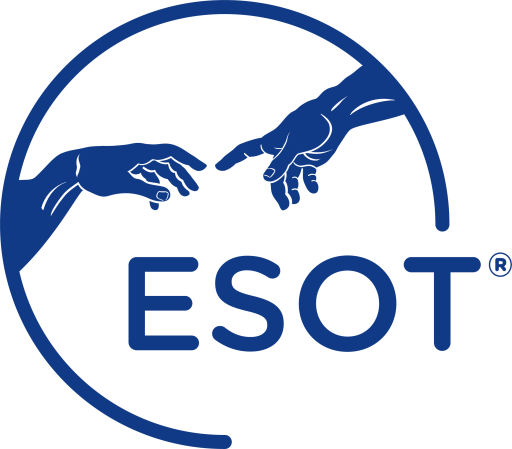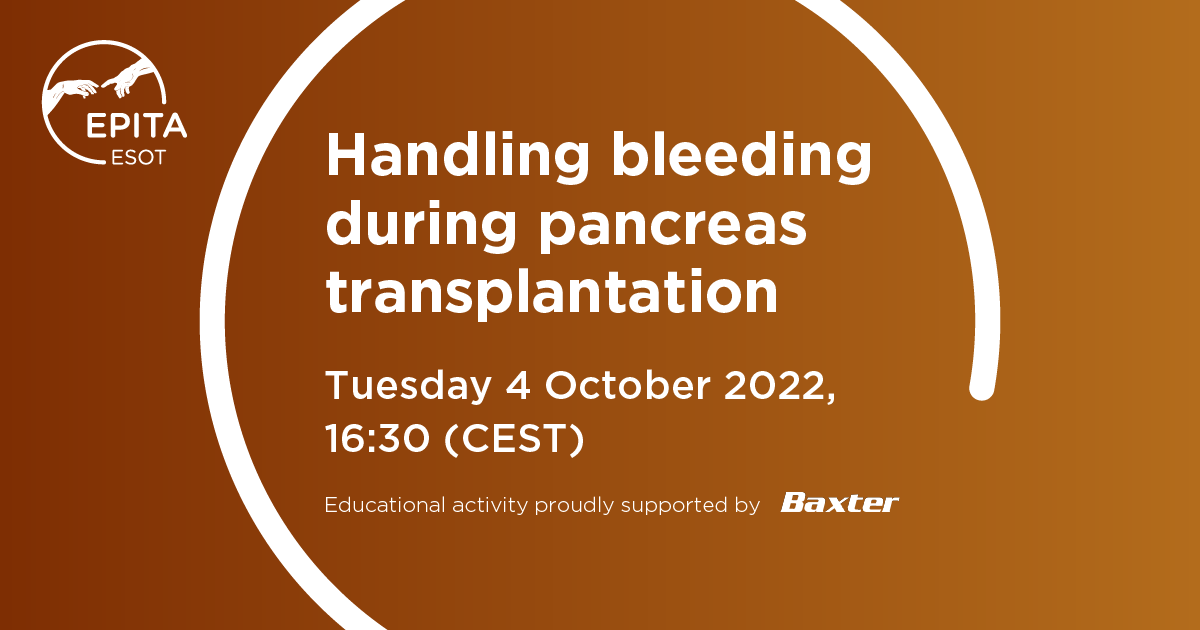- Education
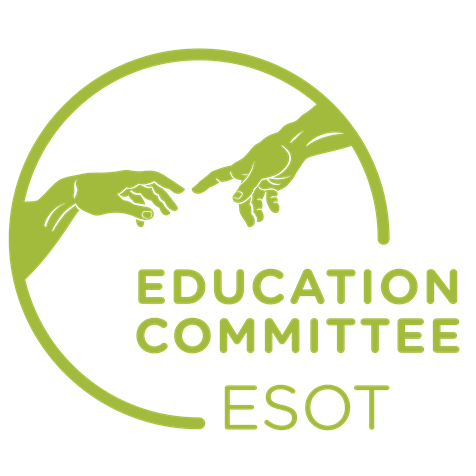
Education Committee
The aim of the Education Committee (EC) is to coordinate ESOT’s efforts to advance multidisciplinary education for transplant professionals at all career levels and to contribute to their professional development.
- Basic
Science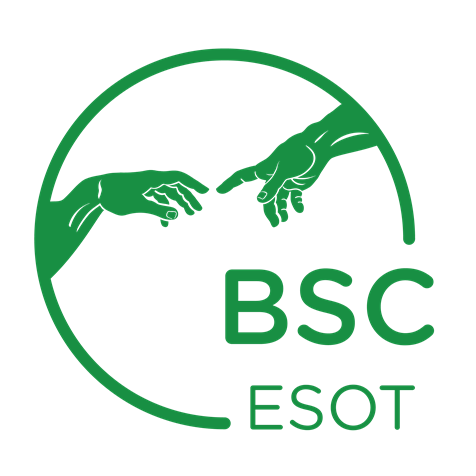
Basic Science Committee
The Basic Science Committee promotes scientific issues and transplantation research within ESOT. An active basic science community and an efficient translation of innovation into the clinic are crucial for the future of transplantation medicine.
- ETAHP
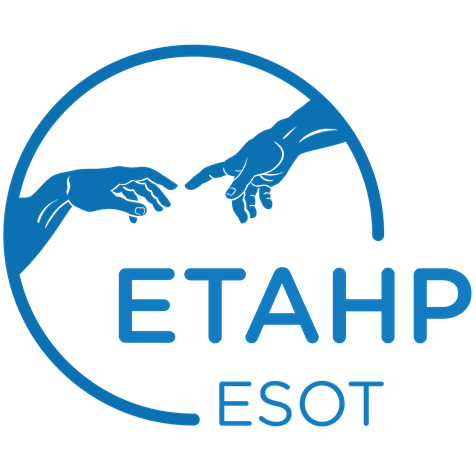
The European Transplant Allied Healthcare Professionals
The European Transplant Allied Healthcare Professionals (ETAHP) reaches out to allied healthcare professionals throughout Europe in order to ensure the best care possible for all transplant patients, with the aim to optimize patient outcomes.
- YPT
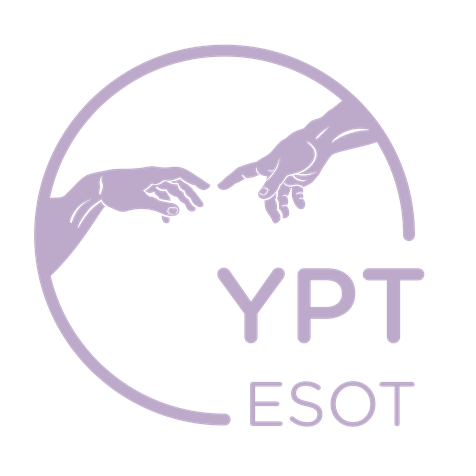
Young Professionals in Transplantation
The Young Professionals in Transplantation (YPT) is the Network for Junior Transplant professionals of ESOT, representing all young transplant clinicians and scientists who are beginning a career in transplantation and organ donation.
- ECTORS
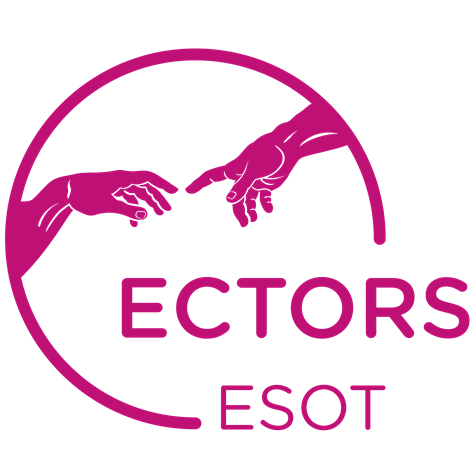
The European Cell Therapy and Organ Regeneration Section
The mission of ECTORS is to provide a forum for discussing and stimulating novel developments in the fields of cellular therapies in organ transplantation, organ regeneration and generation of new organs from stem cells and biomaterials.
- ECTTA
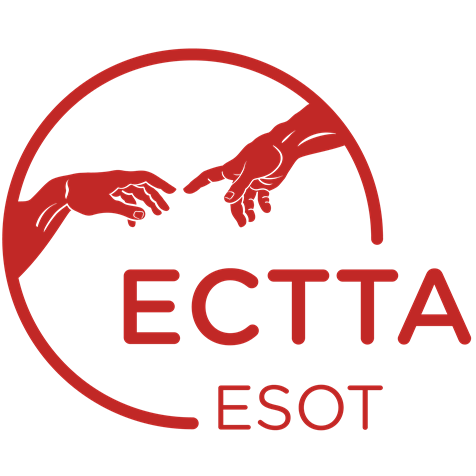
The European Cardio Thoracic Transplant Association
ECTTA is the forum for experience exchange on treatment of patients with end-stage heart and lung failure. Our aim is to improve outcomes for the patients.
- EDTCO
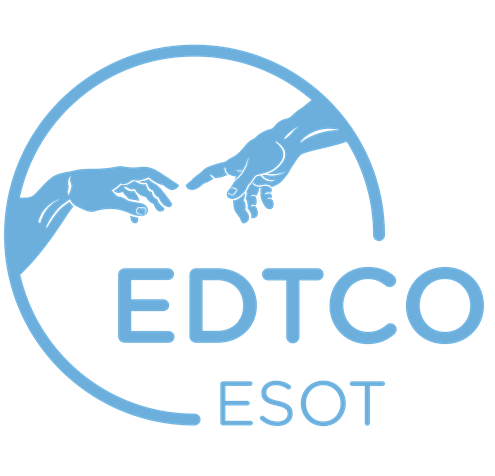
The European Donation and Transplant Coordination Organisation
EDTCO aims to support health care professionals to provide clinically effective programmes on organ and tissue donation, procurement and transplantation.
- EKITA
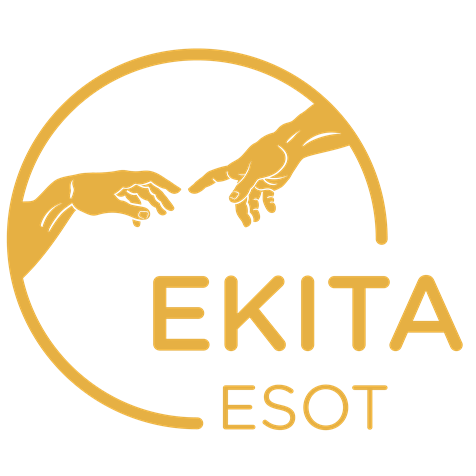
The European Kidney Transplant Association
EKITA is the Organ Expert Section of ESOT on kidney transplantation in Europe, providing a forum for kidney transplantation professionals to exchange scientific information and views aimed at providing the best service to European patients .
- ELITA
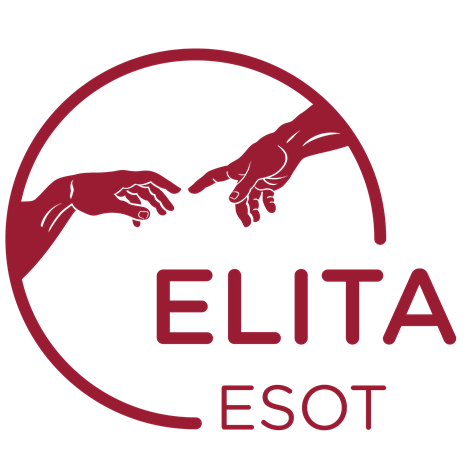
The European Liver and Intestine Transplant Association
The European Liver and Intestine Transplant Association (ELITA), previously known as the European Liver Transplant Association (ELTA), is a section of ESOT. Its membership represents the expertise on liver and intestinal transplantation in Europe.
- ELPAT
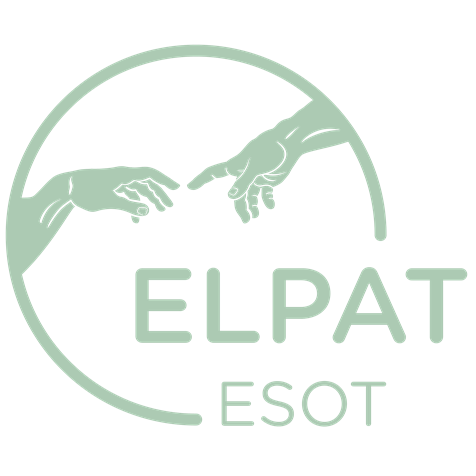
The European Platform on Ethical, Legal and Psychosocial Aspects of Organ Transplantation
ELPAT is a European platform that brings continuity and progress in European research and dialogue on "Ethical, Legal and Psychosocial Aspects of organ Transplantation". ELPAT currently consists of over 160 experts from more than 25 European countries.
- EPITA
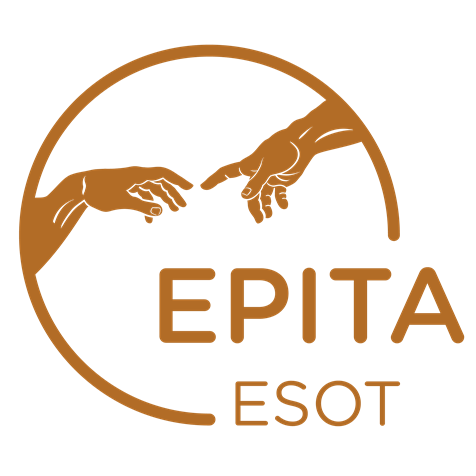
The European Pancreas and Islet Transplant Association
EPITA is established to provide a forum for those working in the field of pancreas and islet of Langerhans transplantation or any other alternative form of beta cell replacement in Europe, to exchange scientific information and views related primarily to providing the best service for patients in Europe requiring pancreas or islet transplantation.
- VCA
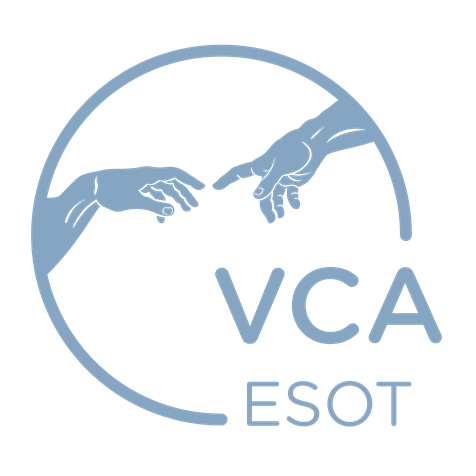
Vascularized Composite Allotransplantation
VCA has opened a new era in the field of transplantation, reconstructive and restorative surgery. This Section brings together 10 representatives of major European teams at the forefront in this field.
